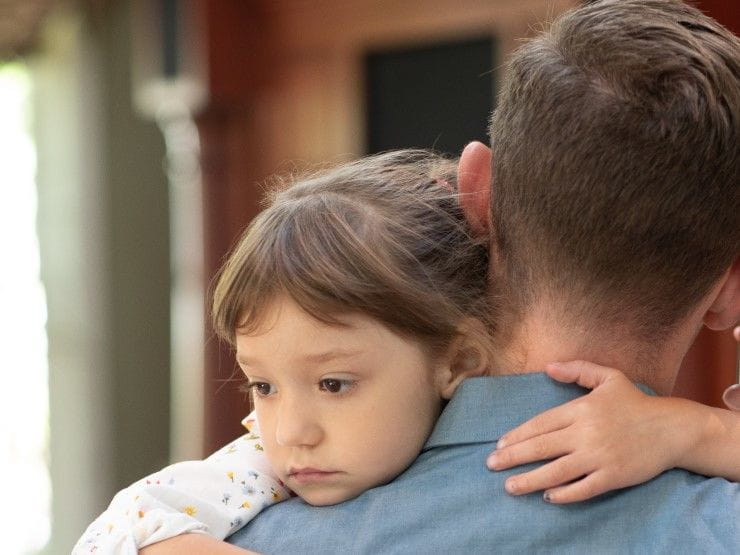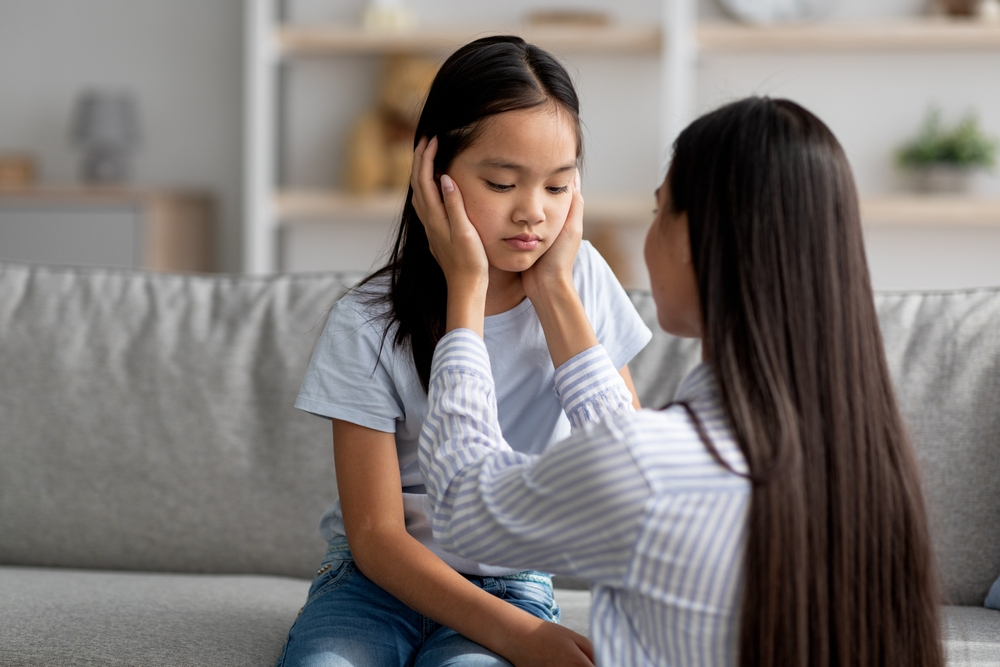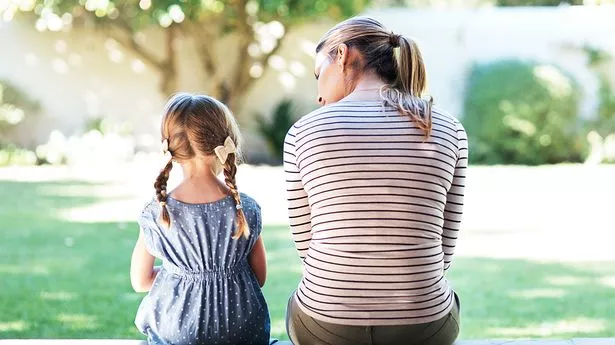7 Best Ways to Alleviate Child Stress Post-Trauma
To help your child cope with trauma, focus on creating a safe space at home. Build trust by talking openly and listening to their feelings without judgment. Encourage them to express emotions through art or mindful activities. Stick to routines for stability and consider seeking therapy for professional support. Incorporate healthy coping strategies and promote resilience in the face of challenges. These steps can aid in your child’s emotional healing.
Key Takeaways
- Establish routines for stability and predictability.
- Encourage emotional expression in a safe space.
- Provide professional therapy and counseling support.
- Engage in activities that promote healing and connection.
- Foster resilience through healthy coping mechanisms.
Establishing a Safe Environment

To help alleviate your child’s stress post-trauma, creating a safe environment is essential. Begin by childproofing your home to prevent any potential hazards. Creating boundaries within the house can give your child a sense of security. Lock away harmful substances, cover electrical outlets, and secure cabinets to guarantee a safe space for your little one to thrive without worry.
Establishing routines can provide a sense of stability and predictability for your child. Consistent meal times, bedtime rituals, and play schedules can help in creating a structured environment that fosters a feeling of safety. Knowing what to expect can be incredibly reassuring for a child who’s experienced trauma.
Designate specific areas in your home as safe spaces where your child can retreat if feeling overwhelmed. This could be a cozy corner with stuffed animals, a reading nook, or a calming sensory corner. By offering these safe spaces, you’re providing your child with a refuge where they can relax and feel secure.
Building Trust and Connection
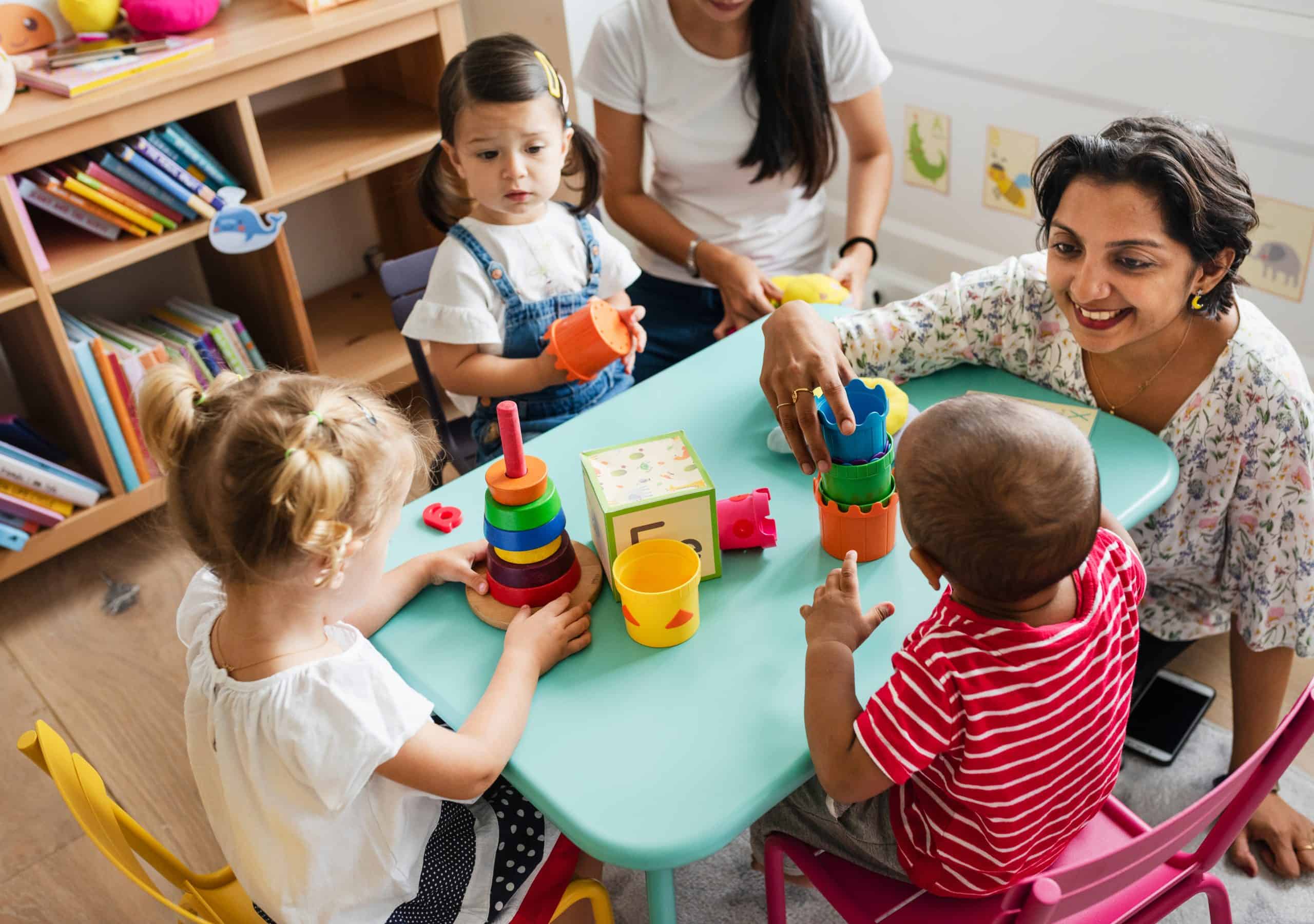
Creating a strong foundation of trust and connection with your child is paramount in helping them navigate through the aftermath of trauma. Trust building is an ongoing process that requires patience and understanding. To establish trust, communicate openly and honestly with your child. Listen actively to their thoughts and feelings, validating their experiences. Encourage them to express themselves without fear of judgment. Communication strategies such as using simple language, maintaining eye contact, and offering reassurance can help strengthen the bond between you and your child.
Connection through play and bonding activities can also aid in building trust. Engaging in activities that your child enjoys can create positive experiences and memories. Play is a powerful tool for fostering connection and promoting emotional healing. Spend quality time together, whether it’s playing games, doing art projects, or simply talking and laughing. These shared moments can help your child feel safe, loved, and supported during this challenging time.
Encouraging Emotional Expression

You can create a safe space for your child’s feelings by letting them know it’s okay to express themselves openly and honestly.
Art therapy can be a wonderful way for children to communicate their emotions when words might be hard to find.
Safe Space for Feelings
Providing a safe space for your child to express their feelings is essential in helping them cope with trauma and stress. Emotional validation plays a vital role in this process. Let your child know that it’s okay to feel upset, scared, or confused after a traumatic event. Encourage open communication by actively listening without judgment. By creating an environment where your child feels heard and understood, you’re fostering emotional healing.
Healing through art can also be a powerful tool. Encourage your child to express themselves through drawing, painting, or other creative outlets. Art can provide a non-verbal way for children to process their emotions and experiences.
Additionally, practicing mindfulness can help your child manage stress and anxiety. Teach them simple breathing exercises or guided meditation techniques to help them stay present and calm in challenging moments.
Art Therapy Benefits
Encouraging your child to explore art therapy can be a valuable way to support their emotional expression and processing after experiencing trauma. Art therapy provides a creative outlet for your child to express their feelings in a non-verbal way, allowing them to communicate emotions that may be challenging to put into words.
Through the therapeutic process of engaging in art activities, your child can initiate on a healing journey towards recovery.
Art therapy offers a safe space for self-expression, enabling your child to explore their thoughts and emotions at their own pace. By immersing in artistic activities, your child can externalize their internal struggles and gain a sense of control over their experiences.
This form of therapy can help your child process complex emotions, reduce anxiety, and build resilience in coping with trauma.
As your child explores the world of art therapy, they aren’t only creating art but also creating a pathway towards emotional healing. Embrace this opportunity for your child to express themselves through art and accompany them on their healing journey.
Supportive Listening Skills
Engaging in active and empathetic listening can play an important role in nurturing your child’s emotional expression and processing following a traumatic event. When your child opens up about their feelings, it’s imperative to practice active listening. This means giving your full attention, making eye contact, and showing genuine interest in what they’re saying. By actively listening, you’re creating a safe space for your child to express themselves without judgment.
Empathy building is another significant aspect of supportive listening. Put yourself in your child’s shoes and try to understand the emotions they’re experiencing. Reflect back what they’re saying to show that you’re truly listening and validating their feelings.
Avoid interrupting or offering immediate solutions; sometimes, all your child needs is for you to listen and acknowledge their emotions.
Providing Stability and Routine
During times of stress post-trauma, maintaining stability and routine can greatly help children in coping with their emotions and restoring a sense of normalcy in their lives. Consistent routines provide a sense of predictability and security, which are essential for children trying to navigate through difficult times. Ensuring a stable environment where daily activities follow a familiar pattern can offer a comforting anchor amidst the chaos that trauma can bring.
Setting regular mealtimes, bedtimes, and playtimes can create a reassuring structure for children, helping them feel more secure and in control. Encouraging activities that they enjoy and find comforting within this routine can also aid in their emotional recovery. Simple gestures like daily walks, reading a favorite story together, or engaging in creative play can provide moments of joy and connection.
Seeking Professional Support
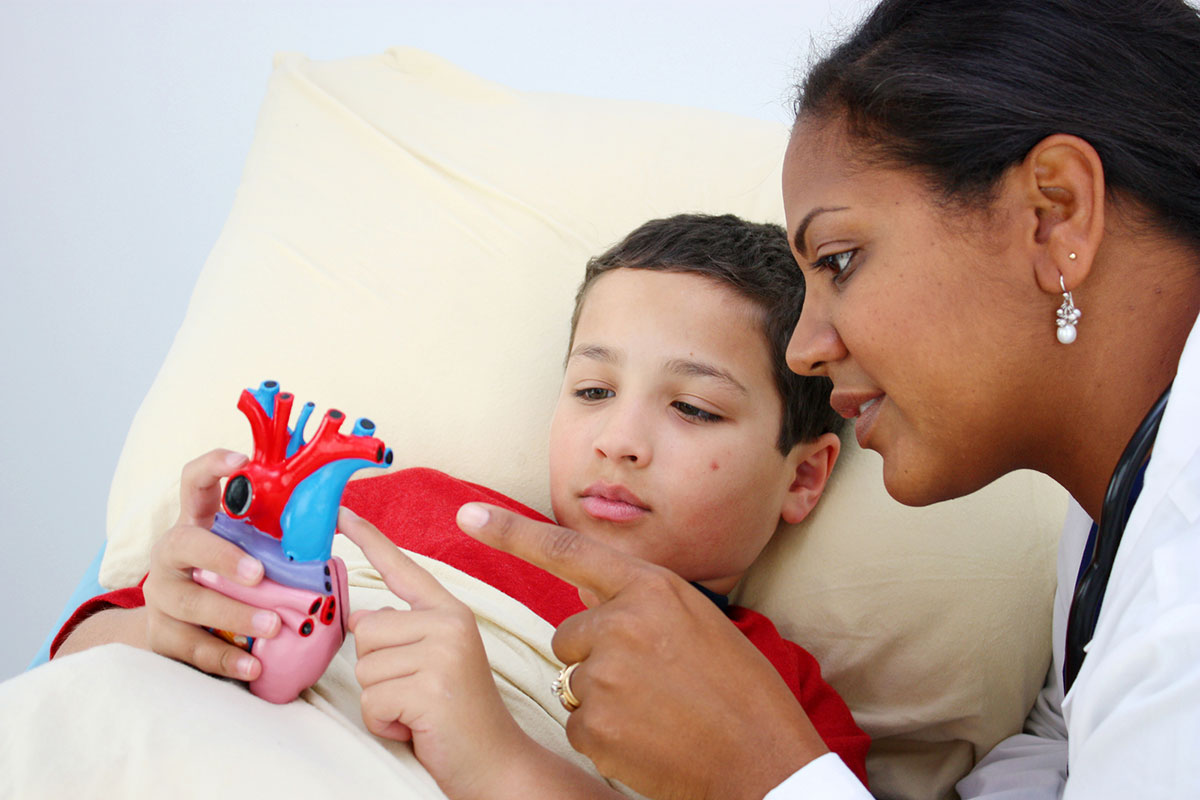
You may find that seeking professional support is an essential step in helping your child cope with trauma.
Therapy offers a safe space for them to express their feelings and fears, guiding them towards healing.
Counseling can provide valuable tools and techniques to navigate through the emotional aftermath of a traumatic event, while mental health professionals can offer specialized support tailored to your child’s needs.
Importance of Therapy
Seeking professional support through therapy can play a vital role in helping alleviate the stress experienced by children post-trauma. Play therapy, where children use toys and games to express their feelings and experiences, can help them process their emotions in a safe and comfortable environment. This form of therapy allows children to communicate non-verbally, making it especially effective for those who may find it challenging to articulate their thoughts verbally.
In addition to play therapy, cognitive behavioral therapy (CBT) is another valuable tool in helping children cope with trauma. CBT focuses on identifying and changing negative thought patterns and behaviors, teaching children healthy coping mechanisms and problem-solving skills. By working with a trained therapist, children can learn to challenge and reframe their thoughts, reducing anxiety and improving their overall well-being.
Benefits of Counseling
To reap the benefits of counseling, consider engaging with a professional therapist who can provide guidance and support tailored to your child’s specific needs post-trauma. Therapy offers significant advantages for child development by aiding in trauma recovery and emotional healing. Through counseling, your child can learn coping mechanisms, express their emotions in a safe space, and develop a deeper understanding of their feelings.
This process can lead to increased resilience, improved self-esteem, and enhanced emotional regulation skills.
Professional therapy also plays an essential role in helping children navigate complex emotions, process traumatic events, and build a foundation for long-term mental well-being. Therapists are equipped with the tools and techniques to support your child through their healing journey, empowering them to overcome challenges and thrive in the face of adversity.
Role of Mental Health
Amidst the challenges your child may be facing post-trauma, considering the significance of mental health and seeking professional support can be an essential step towards their healing and well-being.
Therapy options provide a safe space for your child to process their emotions and experiences under the guidance of a trained professional. These sessions can equip them with coping strategies to navigate difficult feelings and situations effectively.
Ensuring your child’s mental wellness is vital for their emotional regulation post-trauma. Professional support can help them develop the necessary skills to manage stress, anxiety, and other challenging emotions. By addressing their mental health needs, your child can work towards a sense of stability and resilience in the face of adversity.
Therapists can also assist your child in identifying and understanding their emotions, fostering self-awareness and promoting healthy emotional expression. Through therapy, your child can learn valuable tools to regulate their emotions, build self-esteem, and cultivate a positive outlook on life.
Seeking professional support for your child’s mental health is a proactive step towards their recovery and overall well-being.
Promoting Healthy Coping Mechanisms
Consider incorporating healthy coping mechanisms into your child’s daily routine to help them navigate and manage stress post-trauma.
Mindfulness techniques and play therapy can be beneficial in helping your child process their emotions and thoughts in a safe and constructive manner.
Engaging in nature activities, such as hiking or gardening, can provide a calming and grounding effect, allowing your child to connect with the outdoors and find moments of peace.
Encouraging regular exercise routines, whether it’s a fun dance session or a sports activity, can help release pent-up energy and boost your child’s mood through the release of endorphins.
Fostering Resilience and Growth

Encourage your child to view challenges as opportunities for growth and development, fostering their resilience in the face of adversity. Building resilience is essential for trauma recovery and emotional healing.
Help your child understand that setbacks can be stepping stones to personal growth. By reframing difficulties as chances to learn and become stronger, your child can develop a positive mindset that will aid them in overcoming future obstacles.
Support your child in exploring new interests and activities to nurture resilience. Encourage them to try new things, face their fears, and learn from both successes and failures. By embracing challenges, your child can cultivate resilience and adaptability, vital skills for coping with life’s ups and downs.
Remind your child that setbacks are a natural part of growth and that it’s okay to seek help when needed. Encouraging open communication and providing a supportive environment can help your child build resilience and thrive in the face of adversity.
Frequently Asked Questions
How Can I Help My Child Cope With Nightmares and Flashbacks?
When your child struggles with nightmares and flashbacks, try mindfulness exercises to calm their mind and art therapy to express their feelings. These activities can help them process and cope with their experiences.
What Are Some Strategies to Address Guilt and Self-Blame in Children?
When addressing guilt and self-blame in children, remember parental reassurance is crucial. Therapist support can guide them through cognitive reframing. Art therapy offers a creative outlet for expressing emotions. Together, you can navigate healing.
Can Pets Play a Role in Helping Children Recover From Trauma?
Pets can provide comfort and companionship to help children recover from trauma. Animal therapy offers emotional support and benefits through unconditional love. Having a pet by your side can be a source of solace and healing.
Are There Specific Activities That Can Boost a Child’s Self-Esteem?
Engaging in activities like art therapy, sports, music therapy, and outdoor activities can greatly boost your child’s self-esteem. Encouraging them to explore these hobbies can help them feel accomplished, confident, and valued.
How Can I Support My Child in Maintaining Social Connections Post-Trauma?
You can help your child by encouraging social outings where they can connect with friends. Peer support plays an essential role in their recovery post-trauma. Stay engaged and offer a listening ear to support their social connections.
Conclusion
Remember, helping a child navigate through stress post-trauma is essential for their well-being. By creating a safe and trusting environment, encouraging emotional expression, and providing stability, you can support them on their journey to healing.
Seek professional help when needed, promote healthy coping strategies, and empower them to grow stronger through resilience. Your efforts make a difference in their recovery process – keep up the good work!

Chad Adan Kace, a young dad from Vermont, shares his parenting journey with a touch of humor and lots of love. Father to a lively baby, he explores the joys and challenges of fatherhood through his stories.

